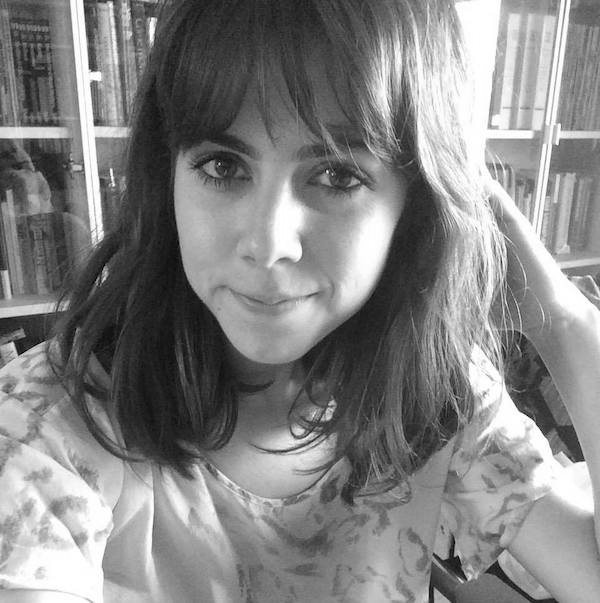For Inside: Film & Video Art for Socially Distanced Times
As we watch the world grapple with unprecedented times, there is no doubt that we find ourselves encountering extraordinary challenges, disruptions and change. Our daily lives have been upended, conflating private space with the public realm as, for many, work life bleeds into our leisure. All the while, we are witnessing an unearthing of the deep-seated social and economic inequalities in society. Although this liminal space is riddled with uncertainty and disparity, it provides us with the opportunity to imagine and fight for a vision of the world we want to see on the other side of Covid19; a rite of passage and process through this transitional moment.
This curated series gestures towards some of the novel situations that we might currently find ourselves in as a result of social distancing, self-isolation or quarantine. These films explore some of the varying perspectives and effects of this new and surreal reality, which is, for some, behind the luxury of walls where time is both at a standstill and sharply fragmented and blurred. For others, these months mark a period of extreme fear and injustice. Some of the works depict physical or psychological entrapment and the subsequent spiral into one's own darkest thoughts and dimensions of consciousness. Moments of solitude are reclaimed and imbued with dignity and strength. Our distant pasts are subject to review as we await the uncertain future that lies ahead.

Emily Collins is a Toronto-based interdisciplinary researcher, teacher and arts administrator. She has worked across arts and culture institutions in local and international settings, including the Walter Phillips Gallery at the Banff Centre for Arts and Creativity, Festival Scope (Paris), VUCAVU (Toronto), Public Access (Toronto), and the Toronto International Film Festival. She holds graduate degrees in Arts and Culture from Maastricht University in the Netherlands and Cinema and Media Studies from York University. Lying at the intersection of film studies, sound studies, cultural studies and gender studies, Emily's PhD research considers practices of deep listening, sonic epistemologies and embodied soundscapes, in which a more complex and nuanced understanding of filmic texts, and, ultimately, of the world around us can be achieved. Her research examines how audio-visual and spatial strategies can be used as effective tools of resistance, trans-sensory knowledge formation and world-making initiatives to create disruptive and dynamic spaces while confronting the hegemony of the senses in film, academic scholarship and everyday life.
Although this liminal space is riddled with uncertainty and disparity, it provides us with the opportunity to imagine and fight for a vision of the world we want to see on the other side of Covid19; a rite of passage and process through this transitional moment.